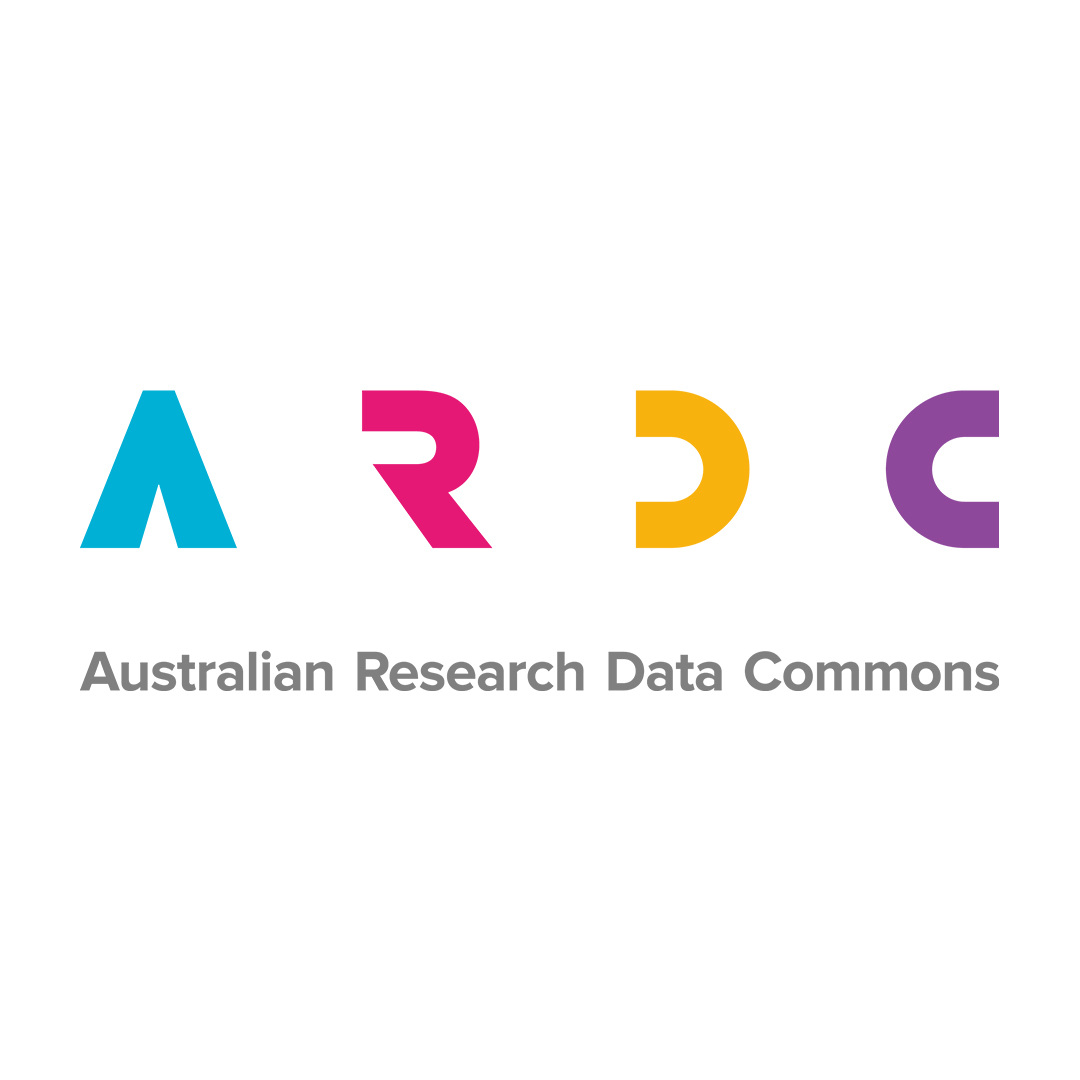Full description
This was a pilot study investigating the feasibility and acceptability of a novel intervention addressing the relationship between social media use and eating disorder risk in young adults. University students aged 17-25 (N = 170) were screened and randomized (n = 130) to the self-criticism intervention, social media curation as an active comparator, or waitlist control group. The intervention comprised self-guided cognitive behaviour therapy delivered in four modules over 1 week. Primary outcomes were feasibility and acceptability. Secondary outcomes were appearance motivations for social media use, appearance comparison, self-criticism, body image flexibility, and disordered eating (at baseline, one-week post-randomization, and two-weeks post-randomization).Notes
HeSANDA 1.0.0Submitted: 2021
Subjects
User Contributed Tags
Login to tag this record with meaningful keywords to make it easier to discover
Other Information
Targeting the link between social media and eating disorder risk: A randomized controlled pilot study
doi :
https://onlinelibrary.wiley.com/doi/10.1002/eat.23756![]()
Health Translation SA Enquiries
Other : [email protected]
Flinders University
Crossref Funder ID : https://doi.org/10.13039/501100001785
Department of Education, Skills and Employment, Australian Government
Crossref Funder ID : https://doi.org/10.13039/501100015211
Identifiers
- DOI : 10.25957/P8VP-Y047



